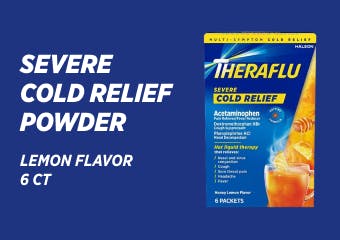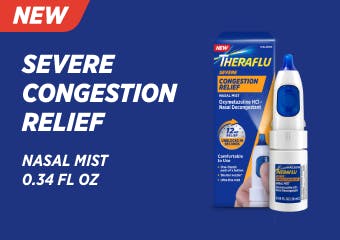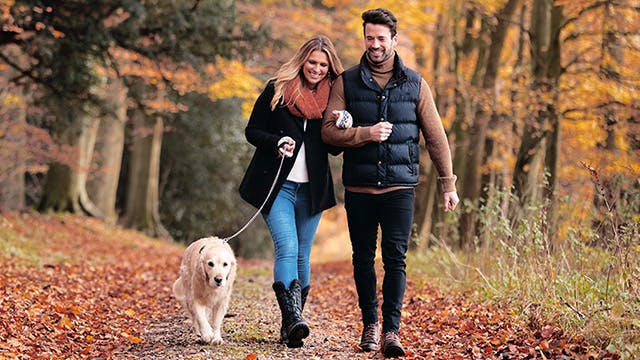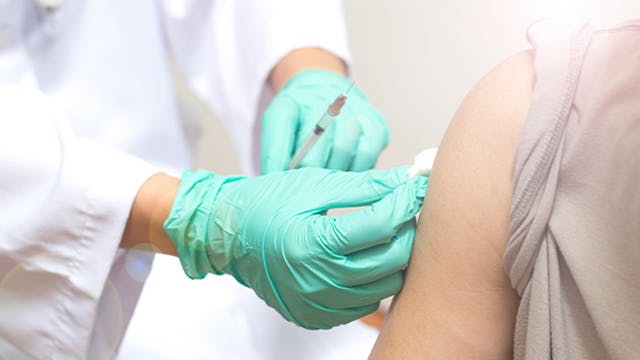How to Prepare for a Trip and Travel Smart During Flu Season
1. Get a Flu Shot
Schedule a flu shot at least two weeks before you go away to protect yourself and reduce the chance of spreading the virus to others. The vaccine protects against most common, circulating strains of the flu virus.1
2. Research Your Destination
Before you pack your suitcase, research the current flu activity in your destination. Find out if your health insurance plan covers medical care where you’re traveling, and locate area hospitals and health care locations near where you’re staying.
3. Keep Your Hands Clean
Whenever you have access to a sink—on a plane, in restaurants, at hotels—wash your hands with soap and running water. Aim to wash your hands for at least 20 seconds before rinsing with water. You can time yourself by humming the tune to “Happy Birthday” twice through.
If soap and water are not available, use hand sanitizer, especially before meals.3 Try to use a hand sanitizer that is at least 60% alcohol, and rub your hands together for around 20 seconds until they are dry to get the best results.3
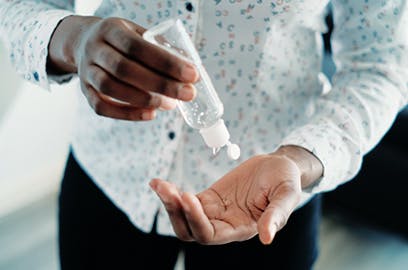
Try to use a hand sanitizer that is at least 60% alcohol, and rub your hands together for around 20 seconds until they are dry to get the best results.
4. Keep Hands Away from Your Face
Avoid touching your eyes, nose, or mouth. This is especially important when traveling in high traffic areas.2
5. Stay Hydrated and Get Enough Sleep
While jet- setting, it’s easy to fall short of the recommended eight glasses of water and seven to eight hours of sleep each day. But hydration and adequate rest are important for healthy immune function.
6. Eat for Vitamins
There’s the temptation to just grab convenient packaged foods during holiday travel, but when you make a conscious choice to eat for vitamins (i.e quality, healthy meals that include lots of fruits and vegetables), you’re nourishing your immune system and helping it stay strong in the face of germs.
7. Be Mindful in Crowds
Airports, restaurants, museums and public transportation are all hotbeds for germs. Rather than avoid crowds completely, be mindful of your surroundings. Use handrails sparingly, wash hands (or use an alcohol-based sanitizer) frequently.
8. Listen to Announcements
Pay attention to any news or government announcements regarding flu activity and follow any local movement restrictions.
9. Monitor Your Body
Once you return home, closely monitor your health for seven days. If you experience any flu-like symptoms, get plenty of rest, drink clear fluids and seek medical attention if necessary.
Can You Travel with the Flu?
Traveling while sick with the flu is not recommended. You must do everything in your power to avoid spreading germs. If you need to leave your home for medical care or other necessities, wear a mask, avoid coughing or sneezing in enclosed spaces or near others, keep your hands as clean as possible and disinfect areas you touch with sanitizer or cleaning wipes. To get relief for your symptoms such as coughing and sneezing, find the best Theraflu products for your symptoms.
Remember, the flu shot is the best safeguard for flu-season travel. If you’re wondering how to avoid the flu, the flu shot is your best bet—as well as keeping your hands clean, allowing for plenty of time for rest, and monitoring how you feel. Contact your healthcare provider if you’re concerned with your health while traveling.
